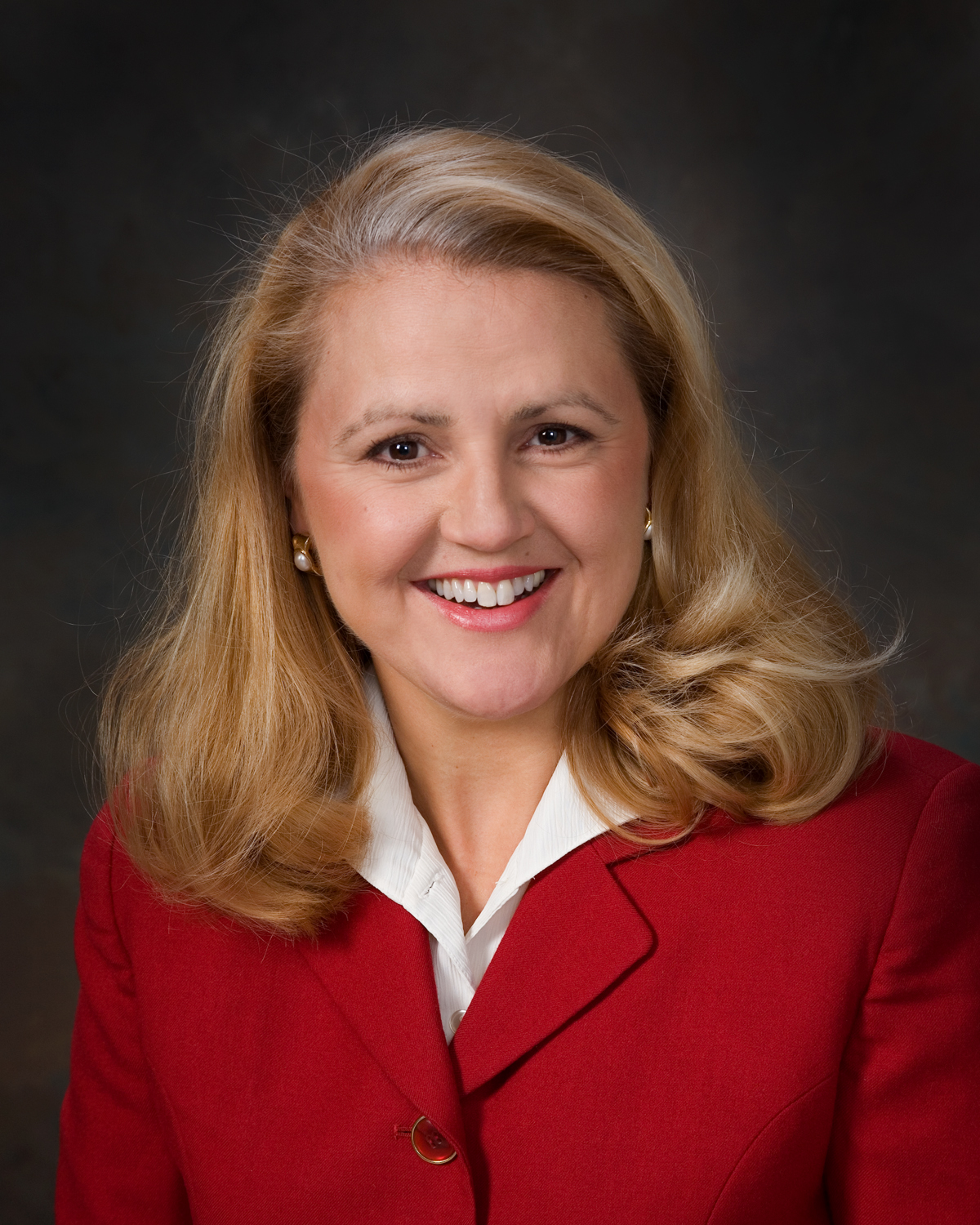Our innovations and technological advances have created a new world - the World of Me.
In the World of Me, online encounters via Facebook, Twitter, LinkedIn and Instagram, among other online communities, allow you to choose "friends" you "like," who agree with certain opinions, or run in the same groups.
Whether left or right on the political spectrum, the expansive access that really could and should be used to bring the world closer actually serves as the vehicle to divide and pigeon-hole based on common issues or causes.
Within that universe, further targeting is employed to isolate a galaxy of like-minded individuals who are labeled related to their beliefs. Amazingly, greater targeting isolates these galaxies down to a smaller constellation.
This micro-targeting is the current standard for commercial marketing and political electioneering to reach your audience. It works and has been proven effective.
Enter the "law of unintended consequences" - a warning that an intervention in a complex system always creates unanticipated and often undesirable outcomes."
We see this "law" in our policies that intervene in commerce favoring a few winners and skews the outcomes away from a natural occurrence in a business market. It happens in charity and benevolence when the ease of sustenance devolves into dependence and entitlement. It happens in parenting with inconsistent standards from one child to the next.
Relating to the world of ideology and politics, the advances that offer tactical advantages in campaigning, marketing and communication, have unintentionally birthed the digital divide. This cyber-chasm encourages us to segment and label groups to receive uniform messages, never deviating from the theme identified as "liked."
Look at your Facebook page, your Twitter-verse, any of your online accounts. Most likely, the majority of your "friends" say what you say, like what you like, and argue your same points. These are very efficient echo chambers.
Ever notice when you "Google" an item of interest, you suddenly see online advertisements for that item or similar items showing up on websites you later visit? Does your Twitter account "recommend" others who share your interests to "follow" to expand your "universe?" Do you see Facebook ads that happen to coincide with your hobbies or interests?
Having been a grass-roots foot-soldier for politics and causes for the last 22 years, the micro-targeting proves very effective. Yet, it has created a fault line in the volatile world of politics emanating from Washington, D.C., into every area of our lives. The cracks and fissures are testaments that while its beginnings were well-intended and extremely useful, the digital divide has fueled the World of Me.
Six years ago, I stood as the only Republican in a room of almost 1,000 folks who came to hear Frances Berry speak, former Chairman of the U.S. Civil Rights Commission and liberal Democrat. I was there respectfully as a Christian, an American and a Republican to demonstrate areas of shared beliefs with the intent to "grow our party."
But, this World of Me assures that today's politics are never about winning the hearts and minds of others, only to win arguments and beat others, guaranteeing limited "exposure" to opposing opinions.
Today, the World of Me has redefined Pluribus Unum - out of many, one. The proclamation over our young nation that our many states would create one great nation is now perverted.
Robin Smith served as chairwoman of the Tennessee Republican Party, 2007 to 2009. She is a partner at the SmithWaterhouse Strategies business development and strategic planning firm and serves on Tennessee's Economic Council on Women.

